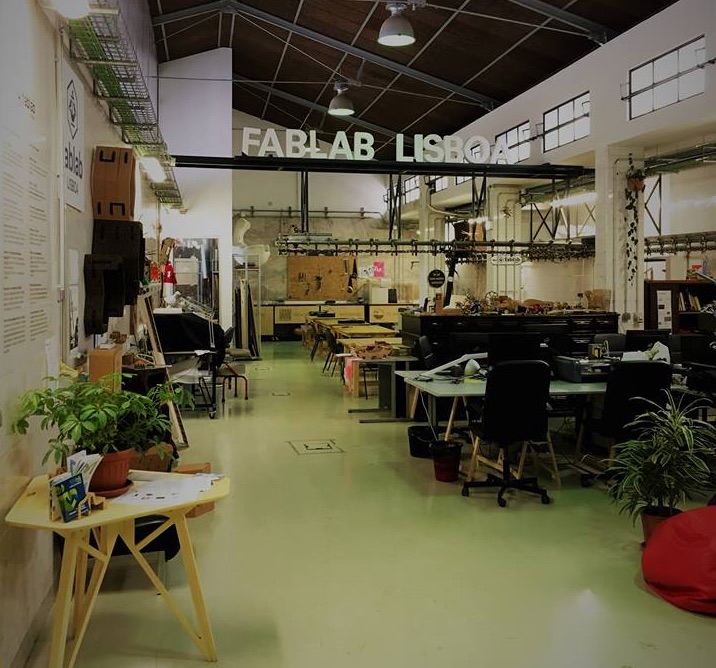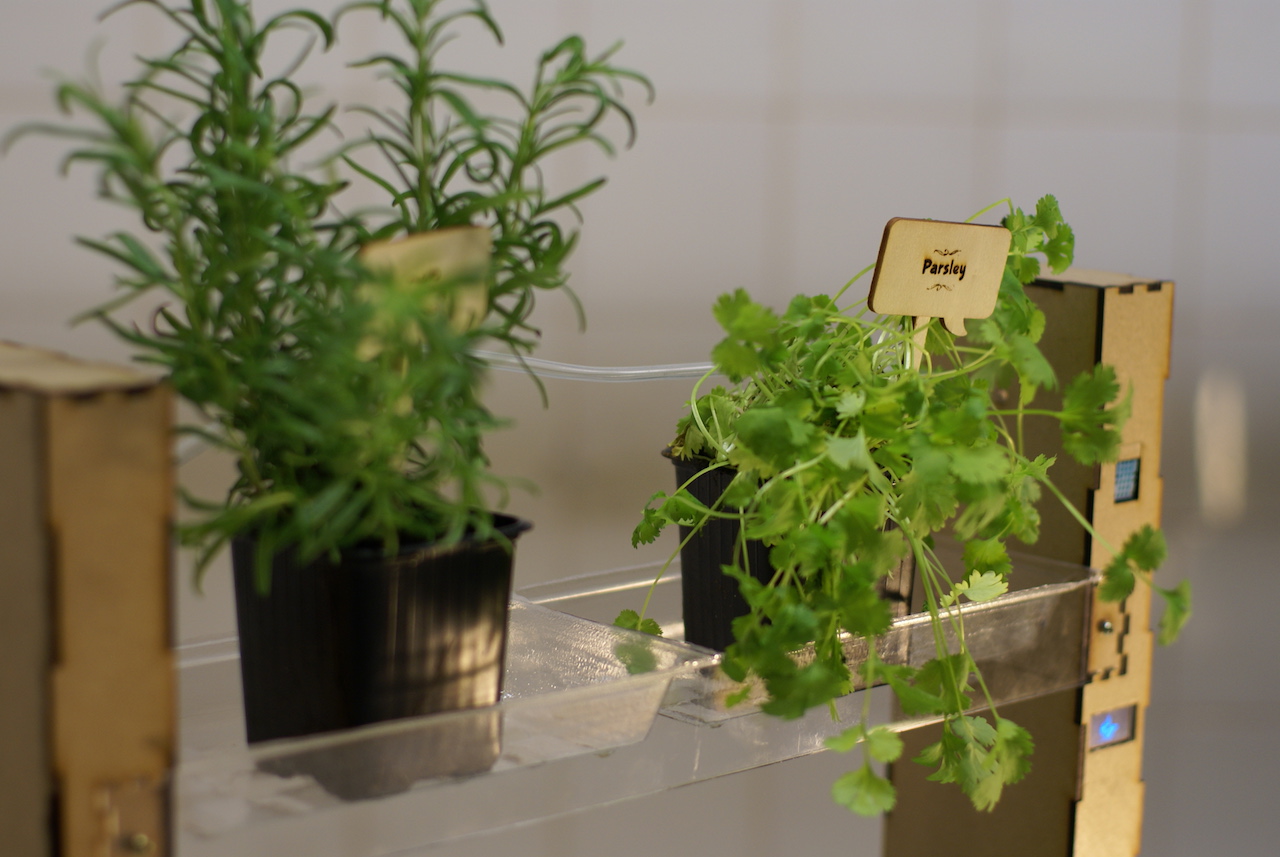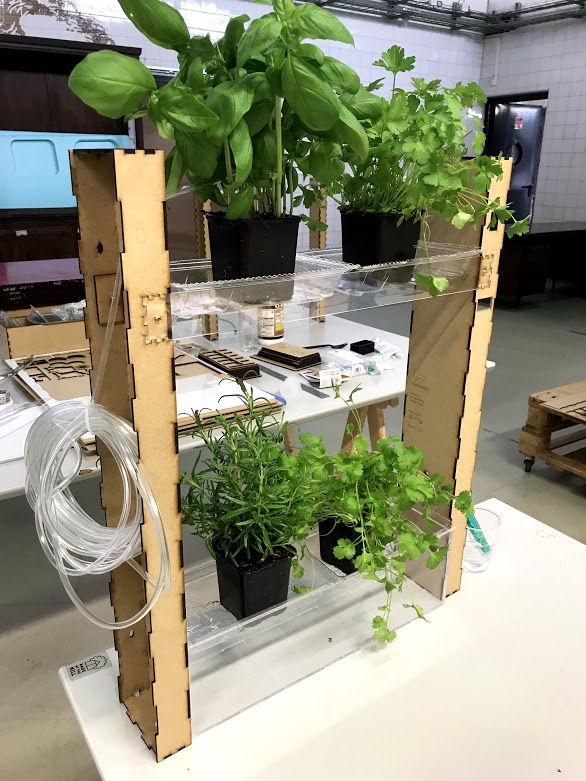How many of us went on holiday, wishing having an automatic sprinkler they can control with an app for their plants? Fablab Lisboa can help you build your own electronic system for your indoor plants with the open-source platform Arduine and your creativity.
The workshop at Volumes Coworking will teach you how to put together every electronic and mechanic component, and also program the sprinkler by means of humidity and temperature sensors.
Finally, participants will discover how to set up the system remotely via a mobile application.
Makery: Can you introduce yourself and tell us about Fablab Lisboa?
Rafael Calado: I am an architect and coordinator of Fablab Lisboa.
Gustavo Funke: I am a software engineer and almost full-time maker at Fablab Lisboa.
Rafael Calado: Fablab Lisboa is a very small creative hub, built around a fablab and a maker community. It’s supported by the Economic and Innovation department of the city of Lisboa. We are very connected to the makers community in Portugal and further. Such as Volumes in Paris, we also work with European Creative Hubs Network.

Rafael Calado: We are building a biolab at Fablab Lisboa in order to tend a part of our community towards new objectives and ideas, particularly within bioart area. I joined the Faculty of Science in Lisboa in the process and we started organizing bio-hacking workshops on several subjects, especially on how to combine biologic organisms, i.e plants, and electronics.
Gustavo Funke: It came out naturally like a challenge. Every time I was travelling, my aromatic herbs died in my kitchen. We’ve decided to create a machine (structure and electronic system) that will take in charge plants, even when I wasn’t home. From this project came Hortomation, a system that handles my kitchen plants’ needs. It analyses temperature and humidity with sensors, and calculate the watering quantity that is necessary. With Hortomation, anyone can have at home aromatic herbs, always fresh and without any chemical additives. You can plant seeds or simply buy plants on markets. The main idea of the workshop is to allow participants building the Hortomation kit, learning, set it up, and bring it home. The other idea of the workshop is that Volumes will have instructors for the next workshops around the Hortomation kit.

To whom is workshop is addressed? Could you describe your methodology and general philosophy?
Rafael Calado: The workshop is addressed to makers and people interested in plants and agriculture, self-sufficiency and circular economy, subjects that our users navigate around. This workshop is the first one we’ve designed as a base, a platform for the next ones. The Hortomation experiment goes way further than a 7h hour workshop: the objective is also to create a social platform with a forum where past and present participants could post, discuss, exchange, a platform where users could update their system or download a micro-software, community’ databases for plants, grounds, climate and geographic data, etc.

What would you offer in Paris and what are your expectations from the participants with this collaboration with Volumes?
Rafael Calado: The context consists of creating a platform/a canvas for workshops that will take place in the future, that could be managed and shared in other spaces. This experience with Volumes will certainly add precious iterations, so we can transform it into an international workshop and broadcast it in creative spaces. Volumes got a foodlab and a makerspace, which means that they have communities that are linked to our objectives. The workshop organization is part of a peer to peer program launched by the European Creative Hub Network within the European program FLIP.
This program aims to create cooperation and exchanges between creative hubs in different countries. The Fablab Lisboa, a hub visitor, created the workshop content, and Volumes, the host hub, organize the event in Paris. The idea of “distributed workshop” and in a broader way of the P2P program, is to empower host hubs by transmitting knowledge and necessary competencies to organize this workshop next.
Published 17th October 2019 by Ewen Chardronnet





